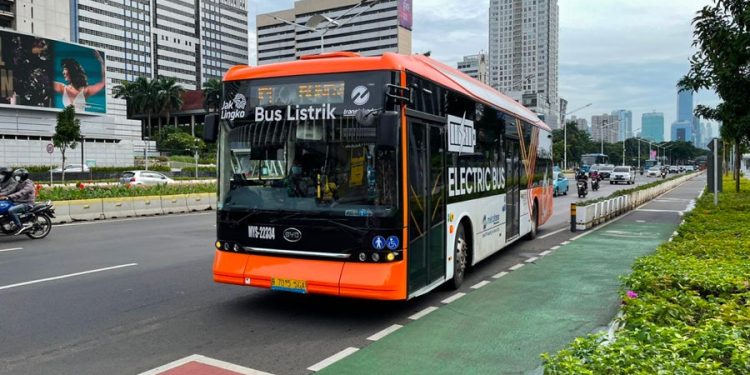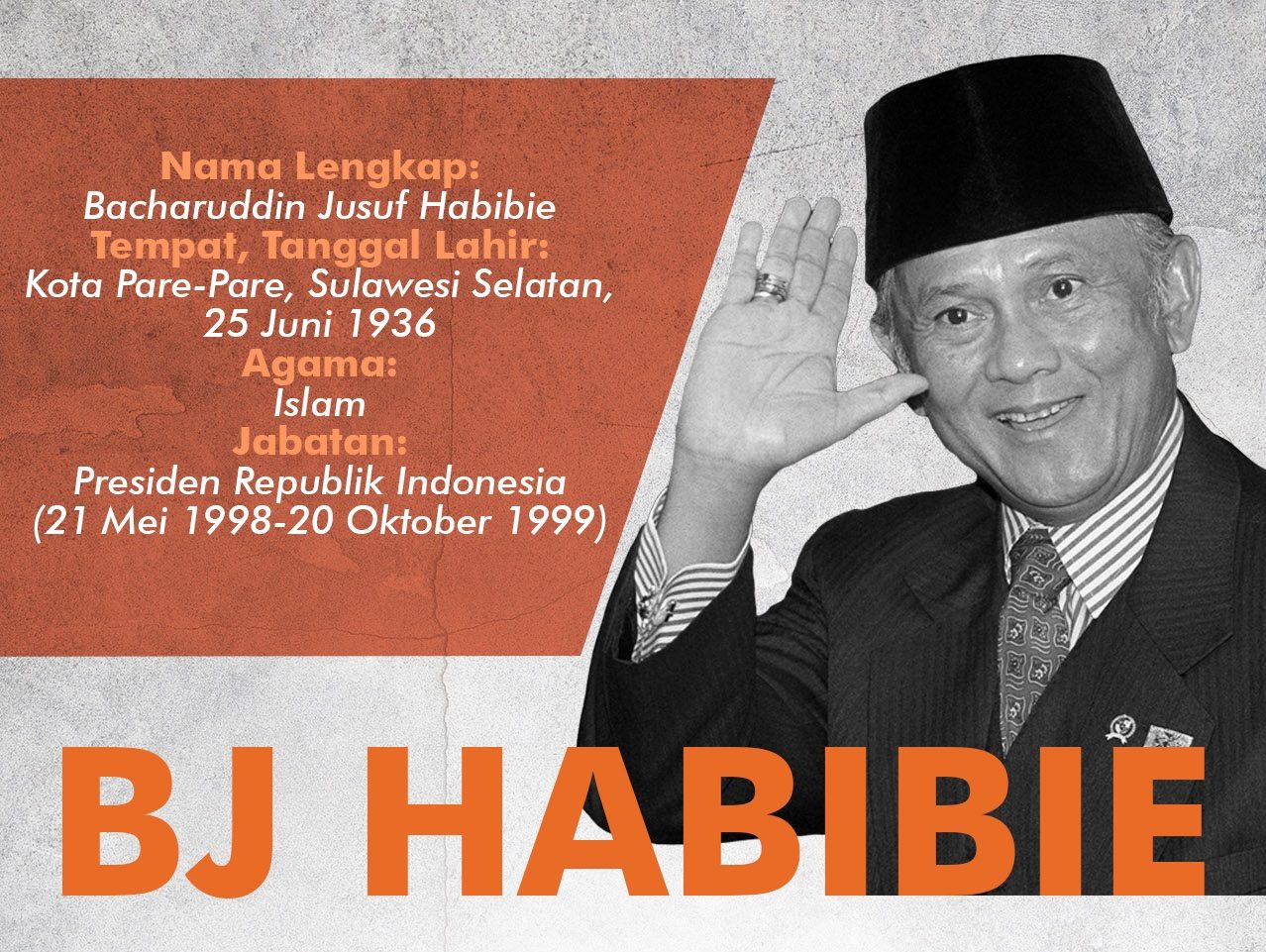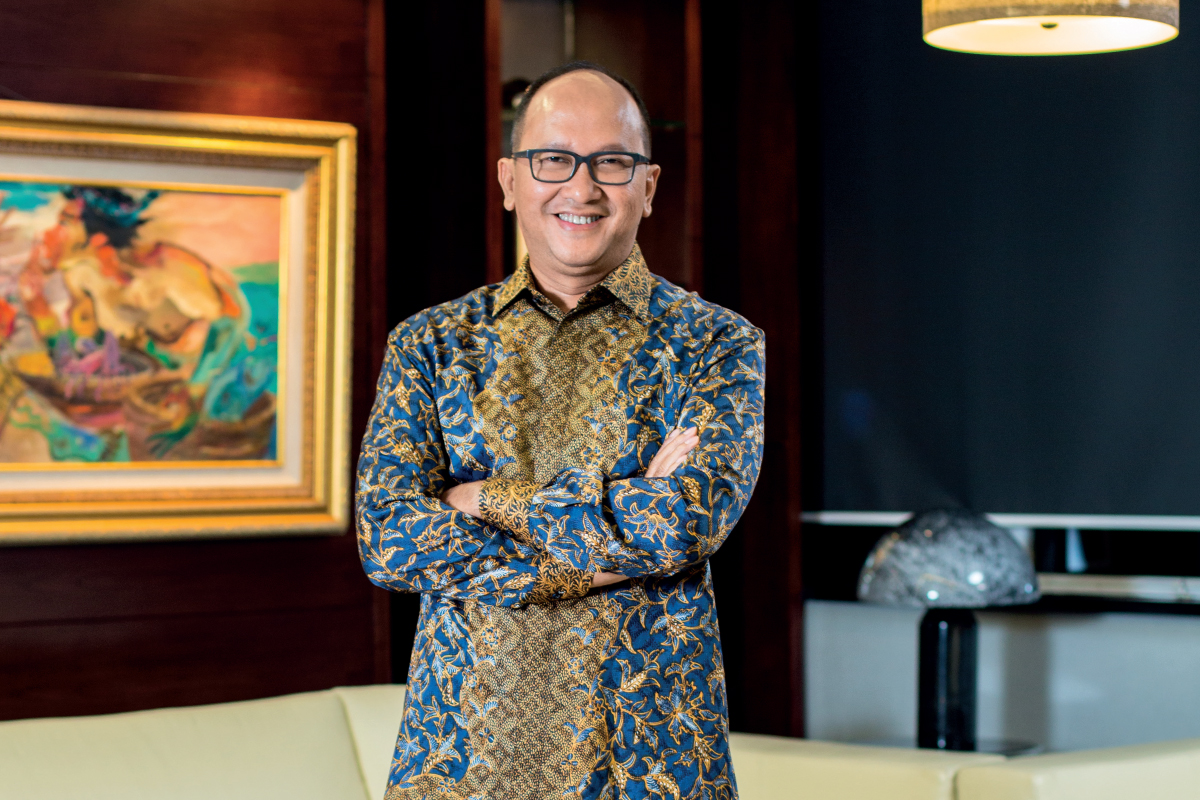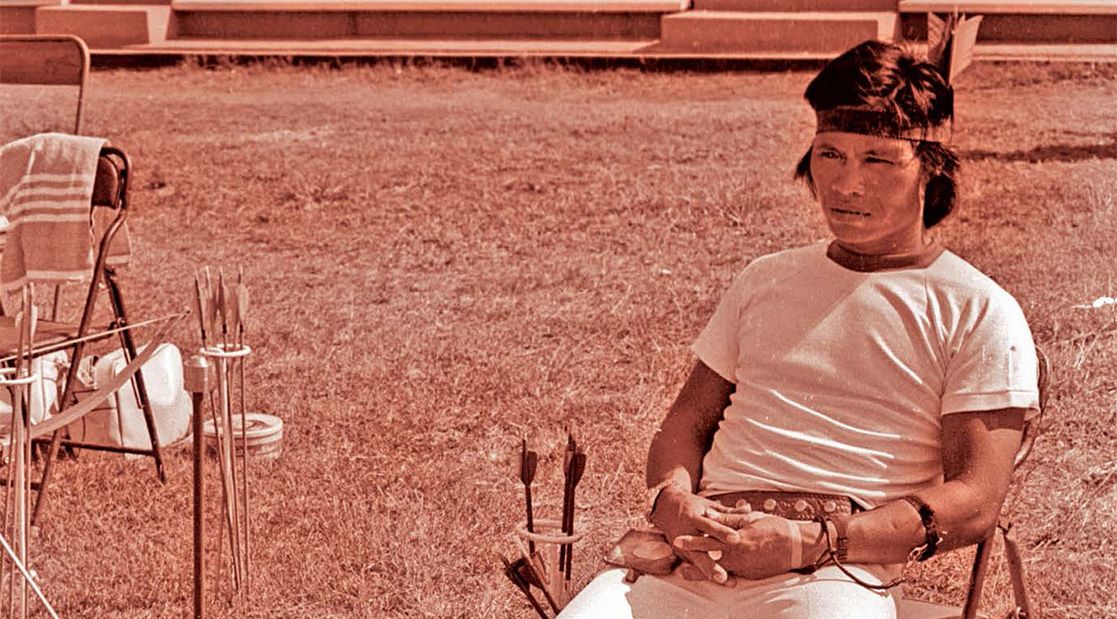
In the realm of modern transit, a new player has emerged, promising to revolutionize the way we think about sustainable mobility options. This forward-thinking entity is poised to redefine urban transport dynamics, capturing the attention of industry experts and enthusiasts alike with a striking showcase of its vision and capabilities.
At a recent exhibition, showcasing cutting-edge advancements in the transportation sector, this pioneering organization unveiled its latest offerings, setting a benchmark for future developments. The response from attendees was overwhelmingly positive, highlighting the growing need for innovative approaches to meet urban challenges while prioritizing environmental stewardship.
As the global focus shifts toward greener alternatives, the presence of this trailblazer signals a significant step toward a more sustainable future. Stakeholders are eager to explore the implications of these advancements, intrigued by the potential for enhancing efficiency and reducing the carbon footprint within urban landscapes.
Innovations in Electric Bus Technology
In recent years, significant advancements have been made in the realm of sustainable transportation solutions. These innovations are not just enhancing efficiency but also redefining the overall experience for urban mobility. Cutting-edge technologies are paving the way for a greener future, transforming traditional means of travel into environmentally friendly alternatives.
Battery Management Systems
The development of advanced battery management systems has revolutionized the way energy is stored and utilized. These systems optimize charging cycles and monitor performance in real time, ensuring longer operational periods and reduced downtime. Furthermore, improvements in battery chemistry are leading to lighter, more efficient storage solutions, extending the range and usability of these modern vehicles.
Smart Connectivity Features
Another noteworthy innovation is the integration of smart connectivity features. Real-time data analytics and connectivity allow for seamless communication between vehicles and infrastructure, enhancing navigation and safety. These systems provide vital information on traffic conditions, energy consumption, and maintenance needs, empowering users with the tools necessary for a smooth and efficient journey.
VKTR’s Unique Selling Propositions
This section delves into the distinctive features that set this innovative company apart from its competitors in the transportation sector. By focusing on sustainability, cutting-edge technology, and customer-centric solutions, the organization successfully addresses the growing demand for eco-friendly and efficient transport options.
Sustainability Focus
-
Commitment to reducing carbon emissions through advanced propulsion systems.
-
Utilization of recyclable materials in vehicle construction.
-
Investment in renewable energy sources for operational energy needs.
Advanced Technology Integration
-
Implementation of smart connectivity features for enhanced user experience.
-
Incorporation of AI-driven analytics for fleet management optimization.
-
Regular software updates ensuring peak performance and safety standards.
These propositions not only cater to the current market needs but also pave the way for sustainable urban mobility solutions for the future.
Key Features of the IDX Exhibition
The exhibition stands out as a premier gathering that showcases innovation and technology in the transport sector. It brings together a diverse array of participants and stakeholders, creating an environment ripe for knowledge exchange and business opportunities. Attendees can expect to see cutting-edge solutions and developments that are shaping the future of transportation.
|
Feature |
Description |
|---|---|
|
Innovative Displays |
Engaging presentations of the latest advancements in transportation technology from various exhibitors. |
|
Networking Opportunities |
Facilitation of connections among industry professionals, fostering collaboration and partnerships. |
|
Interactive Workshops |
Sessions led by experts that provide hands-on experience and insights into new technologies. |
|
Keynote Speakers |
Influential figures in the industry share their knowledge and perspectives on future trends. |
|
Sustainability Focus |
Highlighting eco-friendly solutions and practices that contribute to greener urban mobility. |
Market Response and Industry Reactions
The introduction of a new player in the urban transit sector has garnered significant attention, eliciting a variety of responses from market participants and industry stakeholders. Analysts closely monitor shifts in consumer preferences and the strategic moves of competitors as the landscape evolves. Overall, the reaction indicates a willingness among companies to adapt and innovate in light of emerging technologies and infrastructure developments.
Positive Feedback from Stakeholders
Many stakeholders have expressed optimism regarding the innovative features and sustainability practices associated with the newcomer. This excitement is reflected in the increased interest from potential customers, who are eager to explore enhanced models that promise greater efficiency and reduced environmental impact. Industry experts note that such advancements are crucial as societies strive for smarter and more resilient transport solutions.
Challenges and Concerns
Despite the generally favorable outlook, some market participants voice concerns about the scalability and practicality of the new offerings. Critics highlight potential hurdles such as overcoming existing infrastructure limitations and ensuring a robust supply chain. As the industry grapples with these challenges, stakeholders are keenly aware of the need for collaboration and strategic partnerships to navigate the evolving landscape successfully.
Future Prospects for Electric Transport Solutions
The evolution of sustainable transport methods heralds a transformative era for mobility solutions. As cities grow and environmental concerns intensify, innovations in this field promise not only to revolutionize public transit but also to improve urban living standards significantly.
Emerging technologies are projected to enhance the efficiency and accessibility of transportation systems. Smart networks integrating renewable energy sources and advanced management systems will likely become fundamental components. Moreover, the transition towards cleaner alternatives is expected to foster economic growth, create new job opportunities, and stimulate advancements in ancillary industries.
Furthermore, collaboration between governments, manufacturers, and research institutions is essential for promoting innovation. Policies encouraging research and development will pave the way for breakthroughs, making sustainable transport more appealing to the masses. With increased investment and focus, the future landscape of urban mobility stands to benefit from enhanced connectivity and reduced emissions.
In conclusion, as the world embraces alternative mobility options, the potential for creating efficient, eco-friendly transit is immense. The journey towards a greener future in transportation is not just a possibility; it is rapidly becoming a reality.
Q&A: Electric bus distributor vktr makes idx debut
What is VKTR, and what did they showcase at IDX?
VKTR is an electric bus distributor based in Indonesia, focusing on sustainable transportation solutions. At the IDX (Indonesia International Motor Show), VKTR showcased their innovative electric buses which are designed to reduce carbon emissions and promote eco-friendly public transport. Their debut was significant as it highlighted the company’s commitment to advancing electric mobility solutions in Indonesia, which is crucial for addressing environmental concerns and improving urban air quality.
Why is the IDX debut of VKTR considered impactful?
VKTR’s IDX debut is viewed as impactful for several reasons. Firstly, it marks a pivotal moment in Indonesia’s journey towards adopting electric vehicles, showcasing local technological advancements and commitment to sustainability. The electric buses presented are expected to transform public transportation systems by making them cleaner and more efficient. Secondly, VKTR’s participation underscores collaboration between the government and private sectors in promoting electric mobility. Finally, the strong interest from visitors and potential investors at IDX demonstrates a growing market for sustainable transport solutions in Indonesia.
How do VKTR’s electric buses compare to traditional buses?
VKTR’s electric buses offer several advantages over traditional diesel-powered buses. Firstly, they produce zero tailpipe emissions, which significantly contributes to reducing air pollution in urban areas. Additionally, electric buses are generally quieter, resulting in less noise pollution, making cities more pleasant to live in. They also tend to have lower operating costs in the long run, as electricity is cheaper than diesel, and their maintenance requirements are usually less demanding due to fewer moving parts. By investing in electric buses, cities can achieve greater efficiency and sustainability in their public transport systems.
What challenges does VKTR face in the electric bus market?
VKTR faces several challenges in the electric bus market, including infrastructure limitations, such as insufficient charging stations across Indonesia. The establishment of a robust charging network is essential for the widespread adoption of electric buses. Additionally, there are concerns related to the availability of funding and incentives from the government to support the transition to electric public transport. Market competition with established manufacturers of conventional buses and the need for public education on the benefits of electric vehicles are also significant barriers that VKTR must navigate to succeed in the industry.
What are the future plans for VKTR following their IDX debut?
Following their impactful IDX debut, VKTR plans to focus on expanding its production capacity in order to meet the anticipated demand for electric buses. The company aims to develop strategic partnerships with local governments and private entities to support the deployment of electric buses across major cities in Indonesia. Additionally, VKTR is exploring further innovation in electric mobility technologies, including advancements in battery efficiency and lifespan. They also intend to actively participate in awareness campaigns to educate the public about the benefits of electric vehicles, aiming to position themselves as a leader in the green transportation sector in the region.
What are the key features of VKTR’s electric buses that differentiate them from traditional buses?
VKTR’s electric buses come with several key features that set them apart from traditional diesel buses. Firstly, they are equipped with advanced electric drivetrains, which provide higher energy efficiency and quieter operation. Additionally, these buses are designed with regenerative braking systems that can capture energy during braking, enhancing their overall energy efficiency. The buses also boast a lightweight design, maximizing their range and performance. Moreover, VKTR prioritizes passenger comfort with spacious interiors, modern seating, and climate control systems. The incorporation of digital technology for route management and real-time monitoring further underscores VKTR’s commitment to innovation in public transportation.
How is Bakrie Group contributing to Indonesia’s electric vehicle market, and what role does VKTR Teknologi Mobilitas play?
Bakrie Group, through its subsidiary VKTR Teknologi Mobilitas, is actively involved in Indonesia’s electric vehicle (EV) market by collaborating with BYD Auto to assemble commercial electric vehicles, including buses and trucks. This partnership aims to support the Indonesian government’s push for sustainable development and green projects, particularly in Jakarta and across the country.
What significant developments did VKTR Teknologi Mobilitas announce in 2023 regarding its electric vehicle ventures?
In 2023, VKTR Teknologi Mobilitas, a subsidiary of Bakrie Group, announced its commitment to expanding its EV ventures by introducing 30 electric buses in Jakarta. This initiative is part of the company’s broader plan to promote sustainable transportation solutions in Indonesia, further solidifying its role as a key player in the country’s green energy transition.
How does Bakrie Group’s involvement in the Indonesia Stock Exchange relate to its broader business strategy, particularly in the EV sector?
Bakrie Group, a major Indonesian conglomerate, has been actively involved in the Indonesia Stock Exchange (IDX) to finance its various business ventures, including its expansion into the electric vehicle sector. The group’s subsidiary, VKTR Teknologi Mobilitas, plays a crucial role in this strategy by partnering with global EV giants like BYD Auto, enhancing its market position and supporting Indonesia’s green energy initiatives.
What role does Anindya Bakrie play in advancing Bakrie Group’s interests in the global EV market, and how does this align with the company’s sustainable development goals?
Anindya Bakrie, as a key figure in Bakrie Group, has been instrumental in driving the company’s expansion into the global EV market through strategic partnerships and ventures, such as the collaboration with BYD Auto. This aligns with the group’s commitment to sustainable development by promoting the adoption of electric vehicles in Indonesia and beyond, contributing to the global push for cleaner energy solutions.
What impact has the collaboration between VKTR Teknologi Mobilitas and BYD Auto had on Jakarta’s public transportation system?
The collaboration between VKTR Teknologi Mobilitas and BYD Auto has significantly impacted Jakarta’s public transportation system by introducing 30 electric buses. This move is part of a broader effort to modernize the city’s bus operator, TransJakarta, and reduce carbon emissions in the capital, aligning with Indonesia’s goals for sustainable urban development by 2030.





